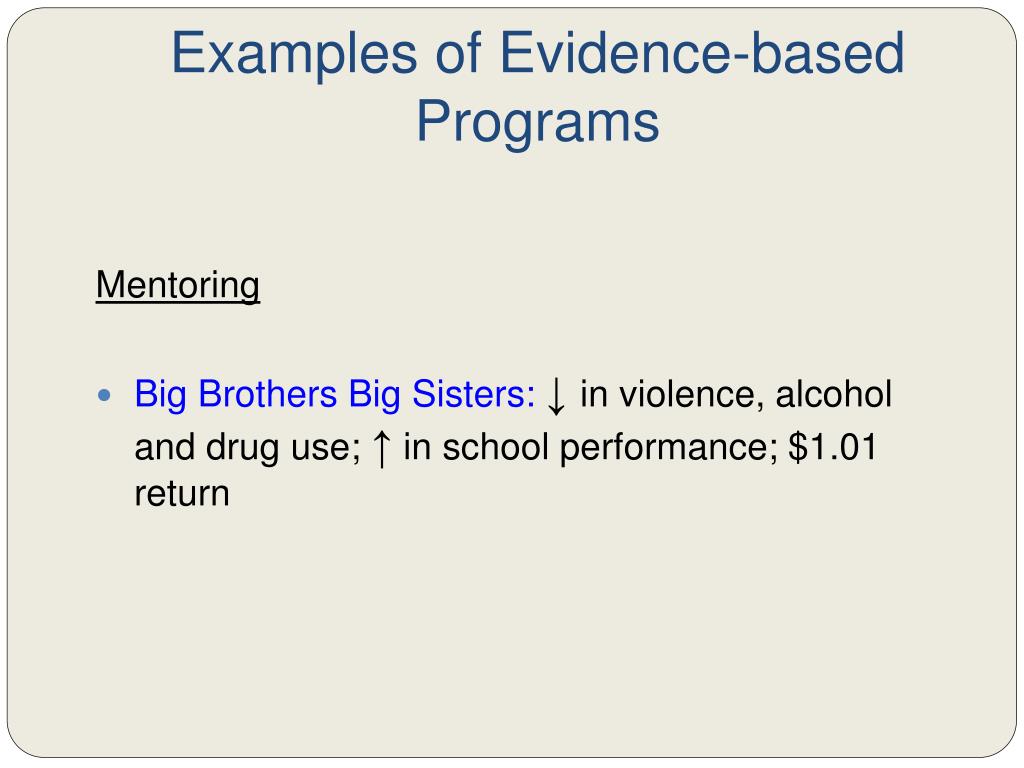

See also, Cornerstones: An Early Literacy Series, based on findings from the National Early Literacy Panel's report: Developing Early Literacy: Report of the National Early Literacy Panel, A Scientific Synthesis of Early Literacy Development and Implications for Intervention (2008).Center for Early Literacy Learning (CELL) (Funded by OSEP, 2006-2011): The Puckett Institute's CELL initiative was to promote sustained use of evidence-based early literacy learning practices.Best Evidence Encyclopedia (BEE): John Hopkins University, School of Education: See their review of effective early childhood education programs and practices.National Early Childhood Transition Center (NECTC) (Funded by OSEP, 2002-2007): NECTC orchestrated research focus groups to investigate and validate practices and strategies that enhance the early childhood transition process and support positive school outcomes for children with disabilities.Tracking, Referral and Assessment Center for Excellence (TRACE) (Funded by OSEP, 2002-2007): The Puckett Institute's TRACE initiative was to identify and promote the use of evidence-based practices and models for improving child find, referral, early identification, and eligibility determination for infants, toddlers, and young children with developmental delays or disabilities who are eligible for early intervention or preschool special education.Best Practices in Family-Centered Early Intervention for Children Who Are Deaf or Hard of Hearing: An International Consensus Statement (2013) Journal of Deaf Studies and Deaf Education, 18(4), 429-445.See: Autism Spectrum Disorders: Evidence-Based Services Research Foundations for Evidence-Informed Early Childhood Intervention Performance Checklists (2017): An article published by the Orelena Hawks Puckett Institute that explains the research evidence and methods used for the Early Childhood Technical Assistance Center's development of the performance checklists based on the DEC Recommended Practices in Early Intervention/Early Childhood Special Education.What Works Clearinghouse: See the sections on Early Childhood (Pre-K) and Children and Youth with Disabilities.Synthesis of IES Research on Early Intervention and Early Childhood Education (2013).Practice Improvement Tools: using the DEC Recommended Practices: A set of ECTA Center products for supporting practitioners and families.

Division for Early Childhood (DEC) of the Council for Exceptional Children: see the DEC Recommended Practices in Early Intervention/Early Childhood Special Education (2014) and the DEC Position Statements.Child Trends' What Works/LINKS (Lifecourse Interventions to Nurture Kids Successfully) database: Programs that work (or don't work) to improve outcomes for children at every stage of development.Center on the Developing Child at Harvard University: see their Reports and Working Papers.Center on Evidenced-Based Practices (Funded by OSEP, 2001-2006).
#EXAMPLES OF EVIDENCE BASED PROGRAMS PROFESSIONAL#
The resources below provide information on evidence-based practices in areas specific to early childhood care and education, professional development, early intervention and early childhood special education (EI/ECSE). Where do you find early childhood evidence-based practices?


 0 kommentar(er)
0 kommentar(er)
